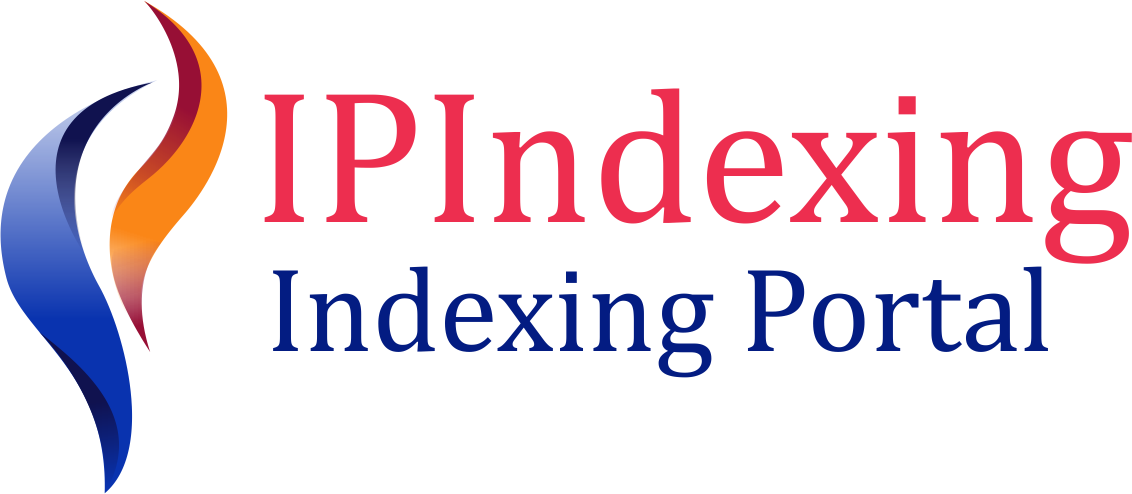PERFORMANCE EVALUATION OF EMERGING JPEGXR COMPRESSION STANDARD FOR MEDICAL IMAGES
DOI:
https://doi.org/10.71330/thenucleus.2012.810Abstract
Medical images require lossless compression as a small error due to lossy compression may be considered as a diagnostic error. JPEG XR is the latest image compression standard designed for variety of applications and has a support for lossy and lossless modes. This paper provides in-depth performance evaluation of latest JPEGXR with existing image coding standards for medical images using lossless compression. Various medical images are used for evaluation and ten images of each organ are tested. Performance of JPEGXR is compared with JPEG2000 and JPEGLS using mean square error, peak signal to noise ratio, mean absolute error and structural similarity index. JPEGXR shows improvement of 20.73 dB and 5.98 dB over JPEGLS and JPEG2000 respectively for various test images used in experimentation.References
D. A. Karras, S. A. Karkanis and D. E.
Maroulis: Efficient Image Compression of
Medical Images using the Wavelet Transform
and Fuzzy C-means Clustering on Regions of
Interest, Proc. 26th EUROMICRO
Conference 2 (2000) 2469.
B. R. Sanders and J. H. Shanon,
Telemedicine: Theory and Practice,
Springfield, Illionis, USA (1997).
J. H. Thrall and G. Boland: Telemedicine in
Practice, Seminars in Nuclear Medicine 28
(1998) 145.
D. A. Koff and H. Shulman, Journal of
Canadian Association of Radiologists 57
(2006) 211.
JPEGLS Recommendation: Lossless and
Near-Lossless Compression of ContinuousTone Still Images (ITU-T.87/ ISO/IEC 14495-
, ITU-T Recommendation (1998).
JPEG2000 Recommendation: JPEG2000
Image Coding System: Core Coding System
(ITU-T.800/ ISO/IEC 15444-1), ITU-T
Recommendation (2000).
JPEGXR Recommendation: JPEGXR Image
Coding System – Image Coding Specification
(ITU-T.832 | ISO/IEC 29199-2), ITU-T
Recommendation (2009).
G. Braeckman, C. Marchessoux, Q.
Besnehard, J. Barbariena and P. Schelkens:
Perceptually Optimal Compression for
Heterogeneous Image Content in the Context
of Medical Networked Applications, Proc.
SPIE 7529(2010) 75290D-1.
F. Dufaux, G. J. Sullivan and T. Ebrahimi,
IEEE Signal Processing Magazine (2009)
C. Tu, S. Srinivasan, G. J. Sullivan, S.
Regunathan and H. S. Malvar: LowComplexity Hierarchical Lapped Transform
for Lossy-to-Lossless Image Coding in
JPEGXR/ HD Photo,16th IEEE Conference
on Image Processing, Egypt (2009) 5.
NEMA Medical Test Images, Available online
at fttp://medical.nema.org/medical/Dicom/
Multiframe / MR /accessed in 2011.
HP Labs: JPEGLS Reference Software,
Hewlett-Packard Company, USA (2010).
M. Adams: JPEG2000 Reference Software,
Department of Electrical and Computer
Engineering, University of Victoria, Canada
(2010).
Microsoft Corporation: JPEGXR Reference
Software, USA (2010)
F. D. Simone, D. Ticca, F. Dufaux,
M. Ansorge and R. Ebrahimi: A Comparative
Study of Color Image Compression
Standards using Perceptually Driven Quality
Metrics, Proc. SPIE, 7073(2008) 70730Z-1.
O. S. Pianykh: Digital Imaging and
Communications in Medicine (DICOM): a
Practical Introduction and Survival Guide.
ISBN: 978-3-540-74570-9 (2008).
Downloads
Published
How to Cite
Issue
Section
License
For all articles published in The Nucleus, copyright is retained by the authors. Articles are licensed under an open access licence [CC Attribution 4.0] meaning that anyone may download and read the paper for free. In addition, the article may be reused and quoted provided that the original published version is cited properly.



